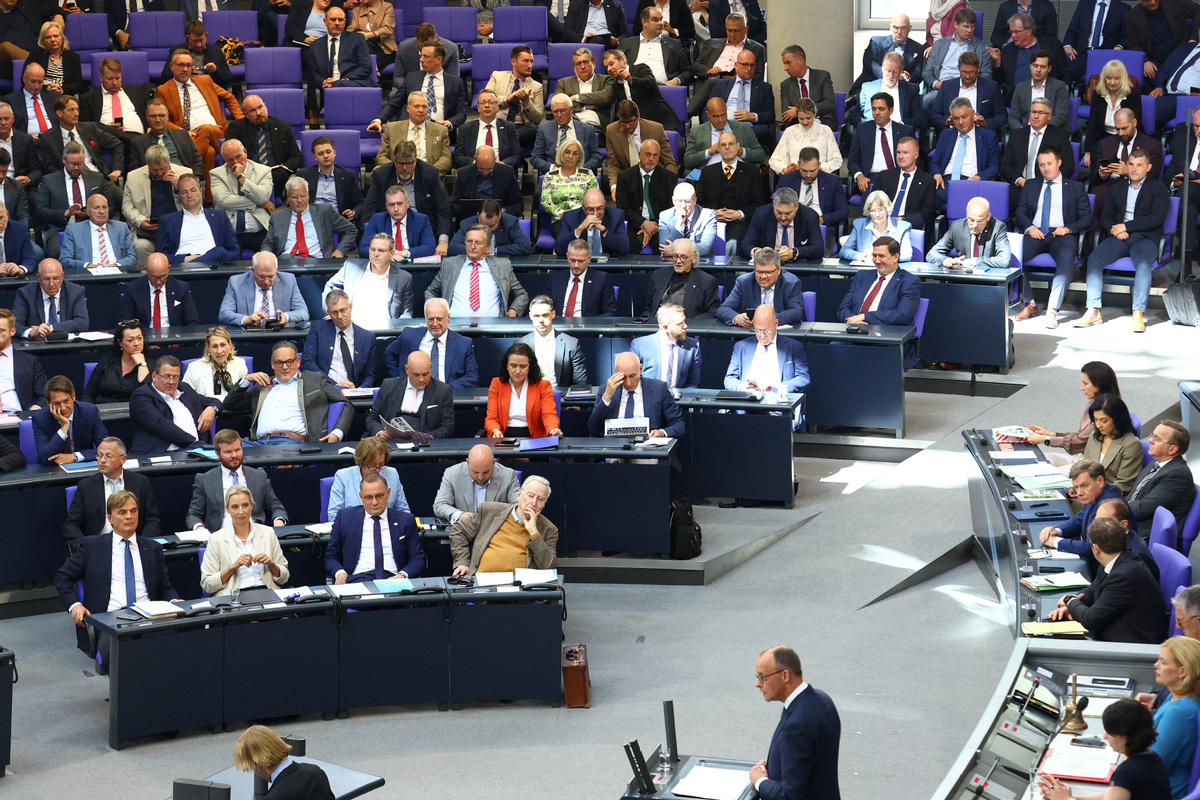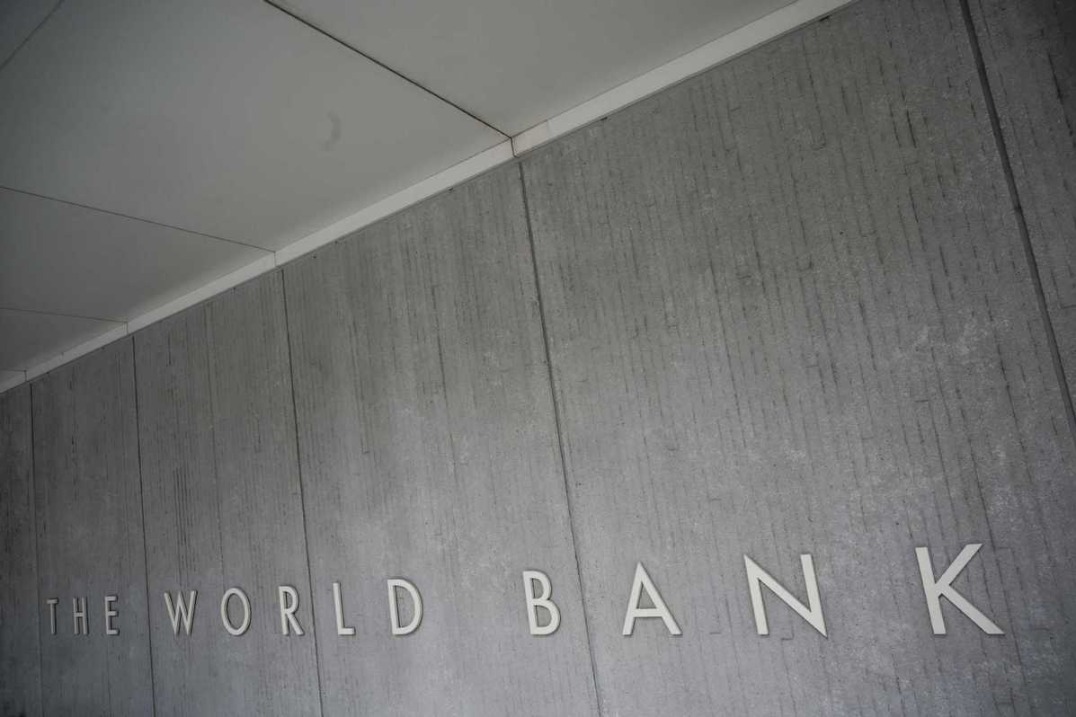Germany's AfD 'harbors 20,000 extremists'


Germany's domestic intelligence service claims it has identified 20,000 right-wing extremists within Alternative for Germany, or AfD, the country's largest opposition party.
The Federal Office for Protection of the Constitution, or BfV, reported on Tuesday extremist numbers within the party rose 77 percent last year, alongside a growth in its membership and a general shift to the right.
It also reported a surge in overall crime motivated by right-wing extremism, which rose 47.4 percent last year, with attempted murders increasing from four to six and arson cases from 16 to 23.
The agency officially classified the AfD as "extremist" last month, based on a 1,100-page report, enabling increased surveillance, although the party has legally challenged the description.
The AfD, which holds more than 150 parliamentary seats after winning nearly 21 percent of the vote in February's federal election, wields significant influence despite long-standing efforts to keep far-right parties out of German politics.
While mainstream parties in Germany refuse to work with the AfD, the party has gained influential supporters outside the country, including billionaire Elon Musk and United States Vice-President JD Vance.
The BfV's report cited frequent xenophobic statements by the party, particularly its claims that Muslim migrants are culturally incompatible and prone to crime.
It said AfD leaders regularly made anti-constitutional statements during state election campaigns in eastern Germany last year, including Thuringia leader Bjorn Hocke's claim in August that the election could "lead to the implosion of the cartel party system" and "finally bring about something that is a true democracy".
Founded in 2013 by former Christian Democratic Union members as a euro-skeptic "party of professors", the AfD initially focused solely on opposing eurozone bailouts and financial aid to struggling European economies.
Following success in regional elections, a series of leadership changes transformed the party into a hardline movement defined by anti-migrant and anti-Islam positions.
When it first entered parliament in 2017 with 12.6 percent of the vote, the AfD's manifesto declared "Islam does not belong in Germany" and labeled the Muslim population "a great danger to our state, our society and our system of values".
Germany's domestic intelligence agency has monitored the AfD as a suspected extremist group since 2021 and had already designated its youth wing, Young Alternative, as fully extremist.
The threat from right-wing extremism is rising across Europe, including in the United Kingdom, which has reported an increase in cases, including online radicalization of children. The director of MI5, the UK's domestic security service, Ken McCallum, revealed in October that while 75 percent of the agency's work targets Islamist extremists, 25 percent now focuses on right-wing terrorism.

































